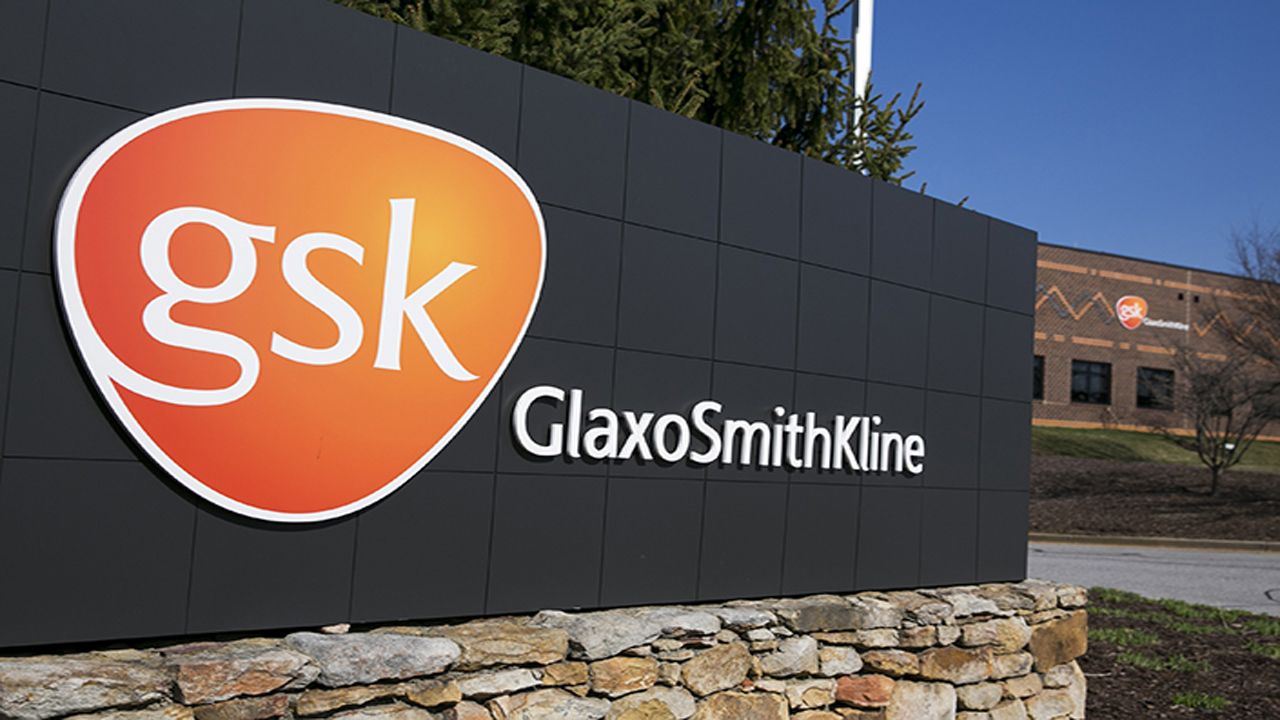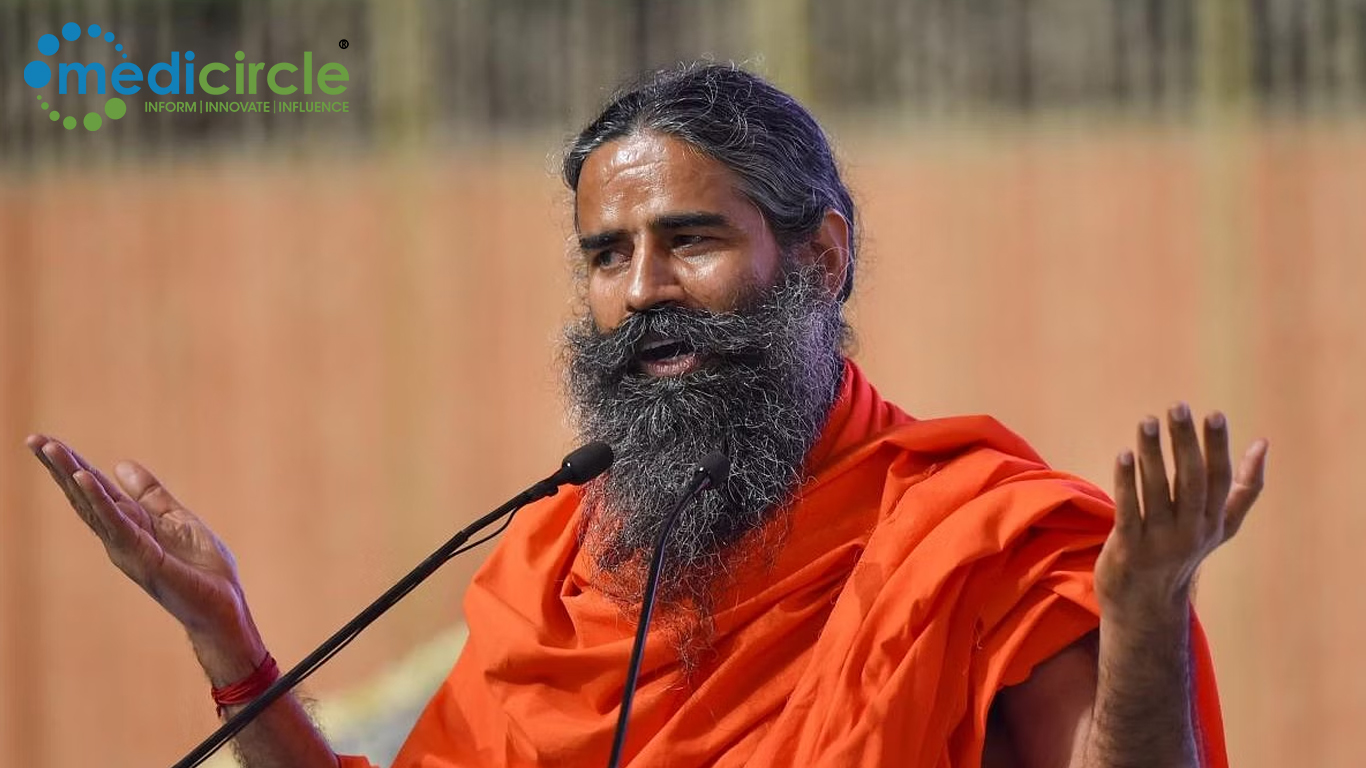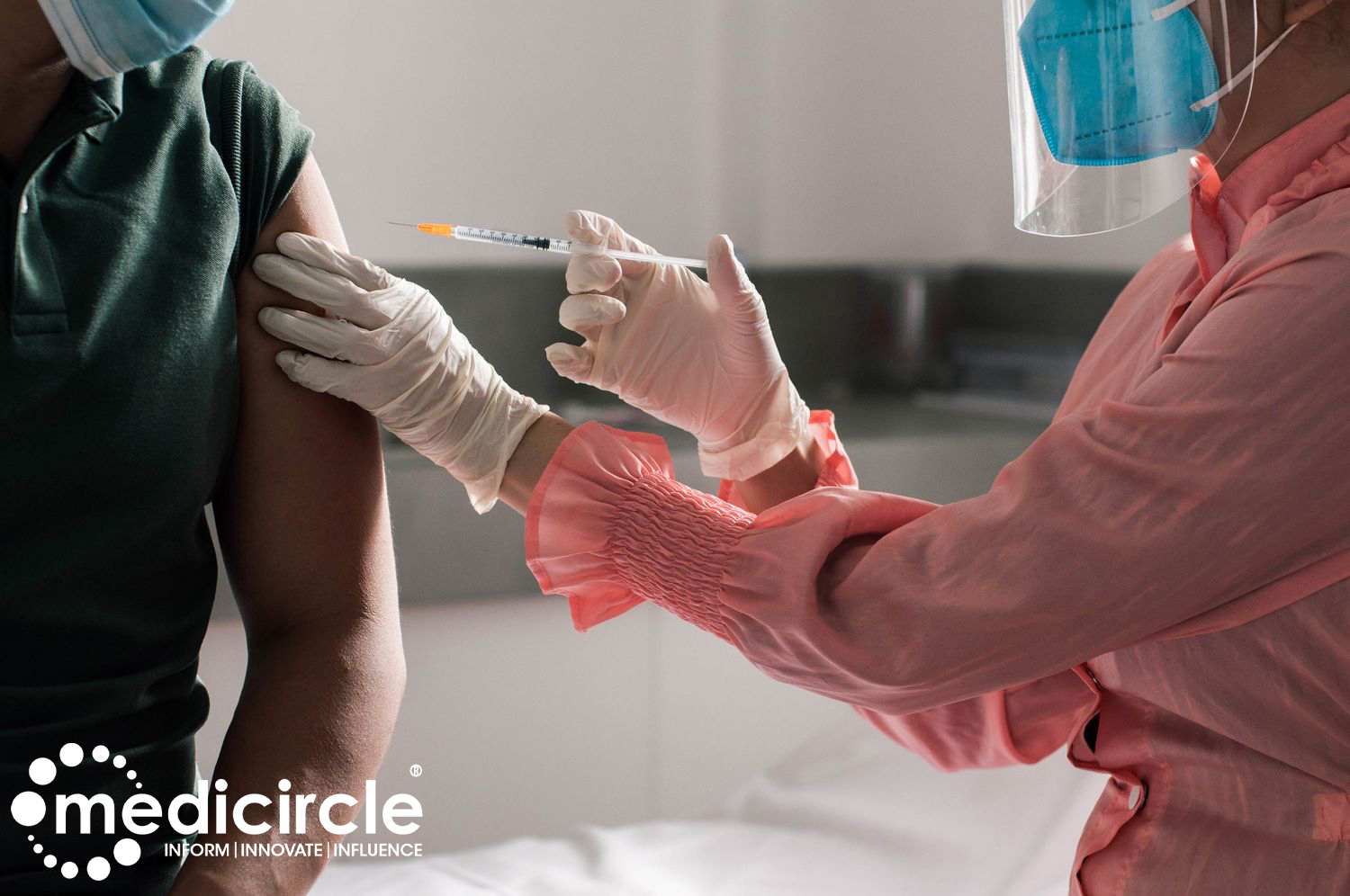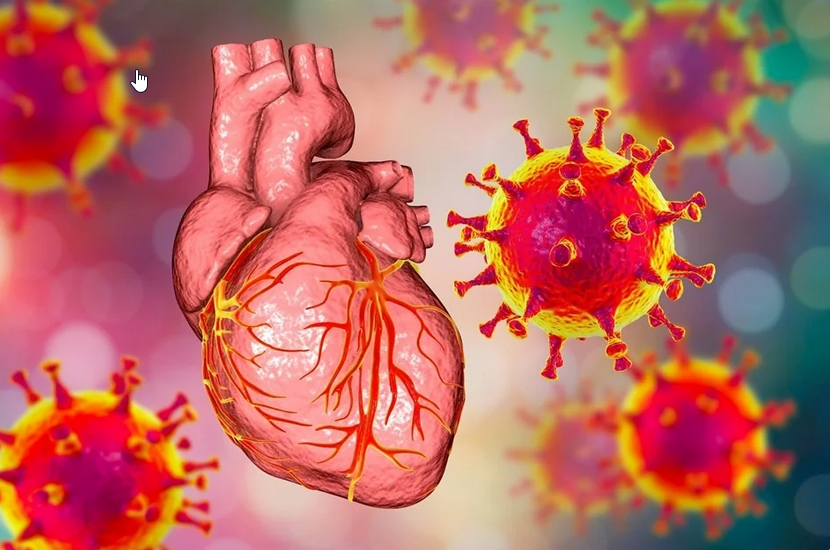GSK today announced that its Respiratory Syncytial Virus (RSV) candidate vaccines for maternal immunisation (GSK3888550A) and older adults (GSK3844766A) were well-tolerated and highly immunogenic in Phase I/II clinical studies. The data were presented virtually at the ID Week Congress.
RSV is a leading cause of respiratory infections such as bronchiolitis (inflammation and congestion of the small airways or bronchioles of the lung) and pneumonia (an inflammatory condition of the lung small air sacs or alveoli) in infants and older adults. It is estimated to cause about 3 million hospitalisations of children under 5 year of age globally, and 177,000 hospitalisations of older people in the US alone.
Both candidate vaccines contain a recombinant subunit pre-fusion RSV antigen (RSVPreF3) which is believed to trigger the required immune response. The vaccine for older adults also includes GSK’s proprietary AS01 adjuvant system to boost the immune response as this population tends to show weaker immune response to vaccination than younger adults.
The vaccine candidate for older adults was first tested in 48 healthy adults (18-40 years old) and then in 1,005 healthy older adults (60-80 years old) with different dosages of antigen and adjuvant compared with a placebo. The interim data 1-month post-immunisation show that:
the candidate vaccine elicited a robust humoral and cellular immunity compared with baseline a close to 10 times increase of protective antibodies (RSVPreF3 IgG and RSV-A neutralising antibodies) was induced in the vaccinated group importantly, the cellular immunity (RSVPreF3-specific CD4+ T-cells) of the vaccinated older adults was boosted to reach similar range to that observed in the younger adults after vaccination with the non-adjuvanted formulation, despite the initial lower baseline level observed in older adults compared with young adults.The maternal RSV candidate vaccine was tested with 3 different doses compared with placebo in 502 healthy non-pregnant women over monthly visits (Day 8, Day 31 and Day 91 post immunisation). The data show that, compared with baseline:
the investigational vaccine was able to rapidly boost the pre-existing immunity at all dose levels, leading to high levels of protective neutralising antibodies. at Day 8, a 14-fold increase in RSV-A and RSV-B neutralising antibodies titers was observed.These two vaccines are part of a tailored, portfolio approach GSK is pursuing with three RSV candidate vaccines – maternal, paediatric and older adults – using different novel technologies aiming to help protect the populations most impacted: infants and older adults. All three candidate vaccines have received FDA fast-track designation.
GSK today announced that its Respiratory Syncytial Virus (RSV) candidate vaccines for maternal immunisation (GSK3888550A) and older adults (GSK3844766A) were well-tolerated and highly immunogenic in Phase I/II clinical studies. The data were presented virtually at the ID Week Congress.
RSV is a leading cause of respiratory infections such as bronchiolitis (inflammation and congestion of the small airways or bronchioles of the lung) and pneumonia (an inflammatory condition of the lung small air sacs or alveoli) in infants and older adults. It is estimated to cause about 3 million hospitalisations of children under 5 year of age globally, and 177,000 hospitalisations of older people in the US alone.
Both candidate vaccines contain a recombinant subunit pre-fusion RSV antigen (RSVPreF3) which is believed to trigger the required immune response. The vaccine for older adults also includes GSK’s proprietary AS01 adjuvant system to boost the immune response as this population tends to show weaker immune response to vaccination than younger adults.
The vaccine candidate for older adults was first tested in 48 healthy adults (18-40 years old) and then in 1,005 healthy older adults (60-80 years old) with different dosages of antigen and adjuvant compared with a placebo. The interim data 1-month post-immunisation show that:
the candidate vaccine elicited a robust humoral and cellular immunity compared with baseline a close to 10 times increase of protective antibodies (RSVPreF3 IgG and RSV-A neutralising antibodies) was induced in the vaccinated group importantly, the cellular immunity (RSVPreF3-specific CD4+ T-cells) of the vaccinated older adults was boosted to reach similar range to that observed in the younger adults after vaccination with the non-adjuvanted formulation, despite the initial lower baseline level observed in older adults compared with young adults.The maternal RSV candidate vaccine was tested with 3 different doses compared with placebo in 502 healthy non-pregnant women over monthly visits (Day 8, Day 31 and Day 91 post immunisation). The data show that, compared with baseline:
the investigational vaccine was able to rapidly boost the pre-existing immunity at all dose levels, leading to high levels of protective neutralising antibodies at Day 8, a 14-fold increase in RSV-A and RSV-B neutralising antibodies titers was observed.These two vaccines are part of a tailored, portfolio approach GSK is pursuing with three RSV candidate vaccines – maternal, paediatric and older adults – using different novel technologies aiming to help protect the populations most impacted: infants and older adults. All three candidate vaccines have received FDA fast-track designation.

 Both candidate vaccines contain a recombinant subunit pre-fusion RSV antigen which is believed to trigger the required immune response
Both candidate vaccines contain a recombinant subunit pre-fusion RSV antigen which is believed to trigger the required immune response





.png)
.png)












.jpeg)

.jpeg)










.jpg)




.jpg)

